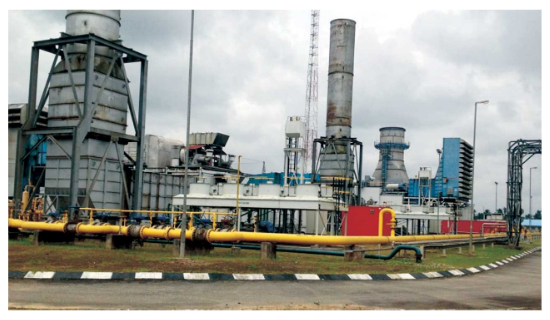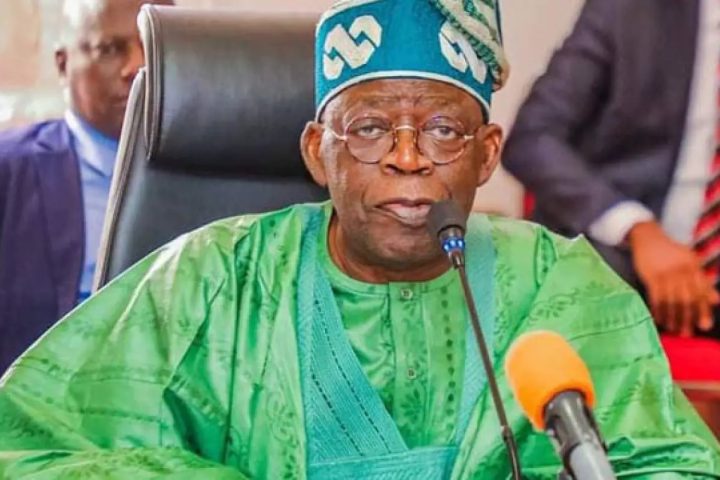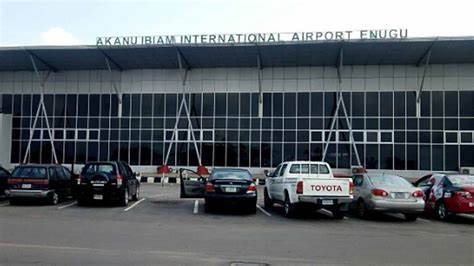Here are the top 10 business stories from Nigerian daily newspapers for today, 11th December 2023
1. Naira Free fall Against US Dollar Creates Worries
The Nigerian local currency the naira over the weekend, experienced further depreciation exchanging at N1,099 against the dollar at the official window and N1,200 at the parallel market. This has created worries among Nigerians over the impact on the economy.
Join our WhatsApp ChannelAt the inception of the current administration, the naira stood at N462 to the US dollar at the official rate and N758 at the black market, but President Tinubu’s foreign exchange reforms led to the floating of the local currency. This has resulted in over 50 per cent depreciation.
2. Naira Scarcity Persists Despite Supreme Court Judgment
The recent resurgence of naira scarcity has created another round of worries for Nigerians. This comes amidst Christmas season that is approaching which involves a lot of spending with cash.
The scarcity which is noticeable in many banks’ branches across the country is happening despite the Supreme Court judgement ordering that the old N200, N500 and N1,000 notes will continue to serve as legal tender beyond December 31, 2023.
The Central Bank of Nigeria had subsequently, also announced that the old and new currency notes would continue to be used in the country.
Customers are unable to withdraw large amounts of cash over the counter and through automated teller machines (ATMs) as banks have limited as low as N5,000 in some ATMs. This has created panic as customers lament that POS operators have also increased charges.
3. Dangote Refinery To Start Producing Diesel, JetA1 In January 2024
As Nigerian businesses continue to reel under the burden of high energy costs, there are indications that the Dangote Petrochemical Refinery would start producing Automotive Gas Oil, also known as diesel, and JetA1 or aviation fuel in January 2024.
The 650,000 bpd refinery launched in May this years was billed to commence production in June but suffered delay.
Last week, it was announced that the refinery’s its first crude feedstock has arrived. The production of petrol is being delayed by the supply of crude oil in installments.
The facility, reportedly, would require a minimum of six million barrels of crude oil to kick-start the full production of refined petroleum products including AGO, petrol, Jet A1 and Dual Purpose Kerosene, otherwise called kerosene.
However, what it got last week was one million barrels of crude, while the remaining five million barrels would arrive in another five installments.
4. Increased Production of Shale Oil Threatens Nigeria, Other Big Oil Producers’ Earnings
There is apprehension that the increasing exploration activities by shale oil producers as a result of rebounding oil prices may cause the earnings of Nigeria and other big oil producer to crash.
Currently, crude oil prices in the international market hover around 75 to 80 dollars per barrel. The OPEC daily basket prices stood at $77.47 a barrel on Friday, December 8 December 2023.
Nigeria projects $77 per barrel in its 2024 national budget of N27.5 trillion and hopes to earn N7.69 trillion as oil revenue to partly finance it. However, the revival of shale oil production could deem that hope.
5. PFAs make N8trn profit from pension investments
The Pension Fund Administrators have recorded N7.98 trillion profit from investing contributions made by workers into their Retirement Savings Accounts under the Contributory Pension Scheme (CPS).
According to a new report by the Pension Fund Operators Association of Nigeria, the total funds under the CPS stood at 17.37 trillion as of the end of second quarter of 2023.
Contributions made by the workers from both private and public sectors stood at N9.37tn in the period under review.
6. More Manufacturing Companies May Shutdown Over High Import Duty
A report released by the Centre for the Promotion of Private Enterprise (CPPE) has revealed that more companies that depend on imported raw materials for production may shut down in coming months due to high import duties imposed by the authorities. The report also indicated that revenue generated by the Nigeria Customs Service is expected to decline due to the development.
The Central Bank of Nigeria had on Thursday increased the exchange rate for cargo clearance from N783/dollar to N952/dollar.
7. Budget: FG to Spend N837bn on 2,254 Roads, Bridges
A tabulation of Nigerian government’s proposed spending on roads and bridges as found in both the 2024 budget and 2023 supplementary appropriation shows that a total of N837 billion is to be spent on 2,254 roads and bridges in the 2023 and 2024 fiscal years.
For the 2024 budget, the government is planning to spend N548.56 billion for rehabilitation of 1,925 roads across the country. N288.44 billion was allocated for the modernisation of 329 roads and bridges in the 2023.
8. Power: Nigerian Govt Plans To Unbundle DisCos
Nigeria’s Minister of Power, Adebayo Adelabu, says the Federal Government has proposed unbundling of various regional electricity Distribution Companies (DisCos) in different states to enable more localised oversight.
The minister, who made this known during a meeting with the governor of Abia State, Alex Otti, stressed that the move was necessary to fasten state involvement in the electricity sector in line with the drive to transform the sector. The 2023 Electricity Act allows states and private entities to generate electricity.
9. SERAP Charges NNPC To Declare Nigeria’s Daily Oil Produces, Exports
Socio-Economic Rights and Accountability Project (SERAP) has urged Mr. Mele Kolo Kyari, the Group Chief Executive Officer, Nigeria National Petroleum Company (NNPC) Limited to publish details of barrels of oil Nigeria produces and exports every day and the total amounts of revenues generated from oil since the removal of subsidy on petrol in May 2023.
10. Nigerian Govt Removes VAT, Customs Duty On Cooking Gas Imports
The Nigerian government has decided to waive customs duty and value-added tax (VAT) on the importation of liquefied petroleum gas (LPG) also known as cooking gas and its associated equipment. This is aimed at bringing down the cost of cooking gas across the country.
Victor Ezeja is a passionate journalist with seven years of experience writing on economy, politics and energy. He holds a Master's degree in Mass Communication.



















Follow Us